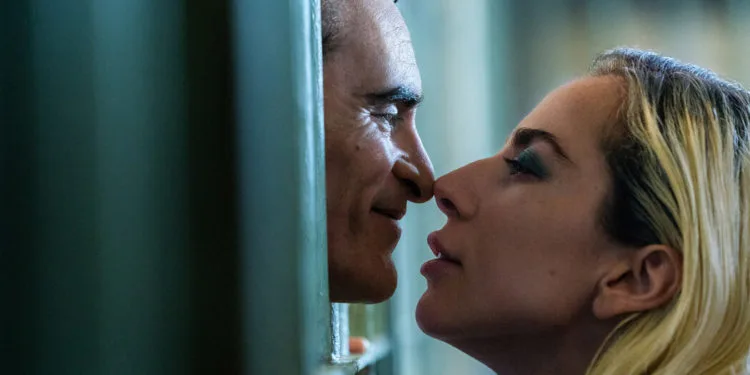It may be challenging to get enthusiastic about a sequel trilogy to a prequel trilogy to five original films (not even considering the unsuccessful reboot). But the good news about this latest simian endeavor is that it delves into character and culture to ground its narrative, and has a scene where two chimpanzees on horseback reenact A Knight’s Tale. If it’s lower on action than its immediate antecedents, it at least has more character drama than a thousand chimpanzees attempting to retype the works of Shakespeare.

Director Wes Ball bids a definitive departure to Andy Serkis’ Caesar and takes up the narrative “many generations” later, or about 300 years. Perhaps inevitably, opposing organizations in this new time period stake claim to Caesar's legacy. Young Noa (Owen Teague) lives peacefully among his tribe, combating a moderate father complex and preparing for a rite of passage. But after an enigmatic human, Mae, portrayed with unremitting intensity by The Witcher’s Freya Allan, appears nearby, the settlement is attacked by primates from a more martial culture, and Noa must journey off to rescue his abducted clan.
Read Also: Deadpool & Wolverine Trailer Breaks One Record
Ball and his team have sensibly determined there's not much purpose paying for larger name actors if you're going to bury them in pixels. Aside from Teague, very much a rising star, the largest name portraying an orangutan here is Kevin Durand, who's having a fine year (see also Abigail) but is not as famous as Serkis or Toby Kebbell. Any money thus spared has gone on interminable photo-realistic sequences of chattering primates and largely outstanding VFX, as Noa attempts to untangle what’s going on and figure out a means to locate and rescue his clan. It's a pensive film about the way the victors rewrite history, sometimes in the face of obvious evidence to the contrary, and about the collision of developing cultures. But there are also instances when you can perceive the film holding back exposition, storing up conflicts and characters for the next two instalments.

The film does generally excellent work in making it clear who's who despite all the fur and fangs, and in demonstrating how Noa’s efforts to comprehend Mae’s will to survive help him to understand his own people. Durand’s Proximus Caesar, bonobo monarch of the eponymous kingdom, appears relatively late in the film but still makes an impression as the ape preoccupied with co-opting man-made technology against any remaining “echoes” (humans), but also his fellow primates. Ball thus establishes substantial themes and huge potential conflicts for the future, while giving us just enough of a trajectory here to make this film stand alone.

.webp)





.webp)



